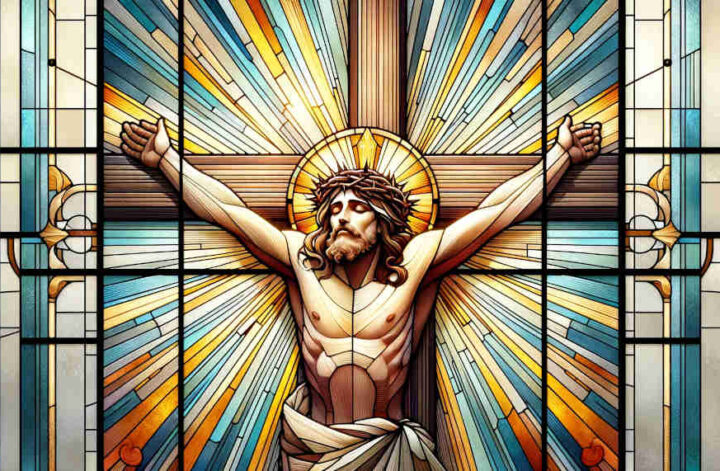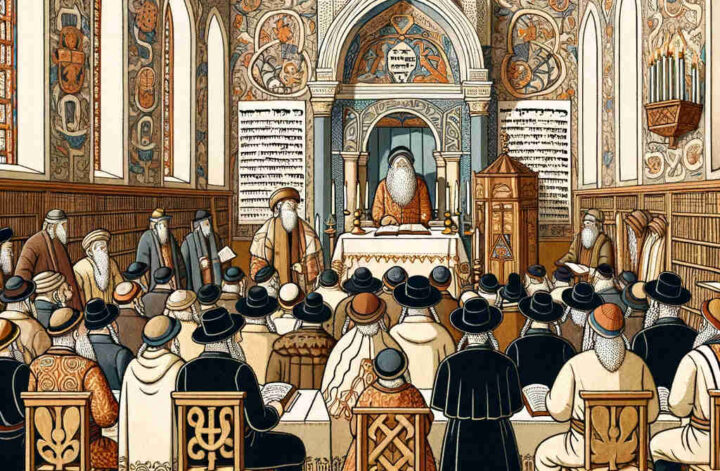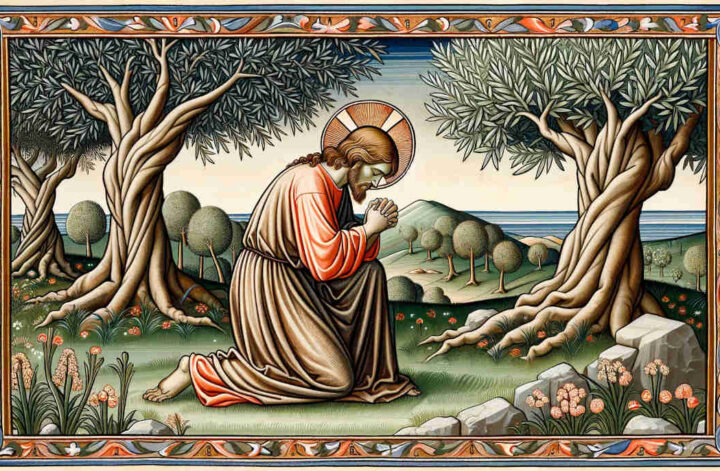Exploring Jewish Beliefs About Jesus’ Death
Email from Michael Cohen: “Dear Rabbi Joshua, within Christianity, the crucifixion of Jesus is a central event. I was wondering, do Jews believe that Jesus died on the cross?”
Response from Rabbi Joshua
Shalom Michael, you raise a question that touches on a key difference between Jewish and Christian beliefs. Let’s address this from the Jewish perspective.
Jewish Views on Jesus’ Crucifixion
While Judaism recognizes Jesus as a historical figure, his life and death are not doctrinal components of the Jewish faith. Jewish texts do not discuss the crucifixion of Jesus in detail, as it is not an event of religious significance to Jews.
Jewish Historical Perspectives
From a historical perspective, Jews acknowledge that crucifixion was a common method of execution used by the Roman Empire. Whether Jesus was executed in this manner is a question of history rather than theology for Jews. Therefore, while some Jews may accept that Jesus was crucified as a historical fact, they do not attribute any religious meaning to this event.
Divergence in Religious Narratives
The narrative of Jesus’ death on the cross is a central element of Christian theology, associated with themes of atonement and resurrection. Judaism does not share these beliefs and does not incorporate the crucifixion into its religious narrative.
Conclusion
Michael, while Jews may recognize the crucifixion of Jesus as a historical possibility, they do not attribute to it the theological significance that Christianity does. The story of Jesus, including his death, does not play a role in Jewish theology or practice.
If you have further questions or are interested in learning more about Jewish history and beliefs, please feel free to reach out.
Best regards,
Rabbi Joshua


